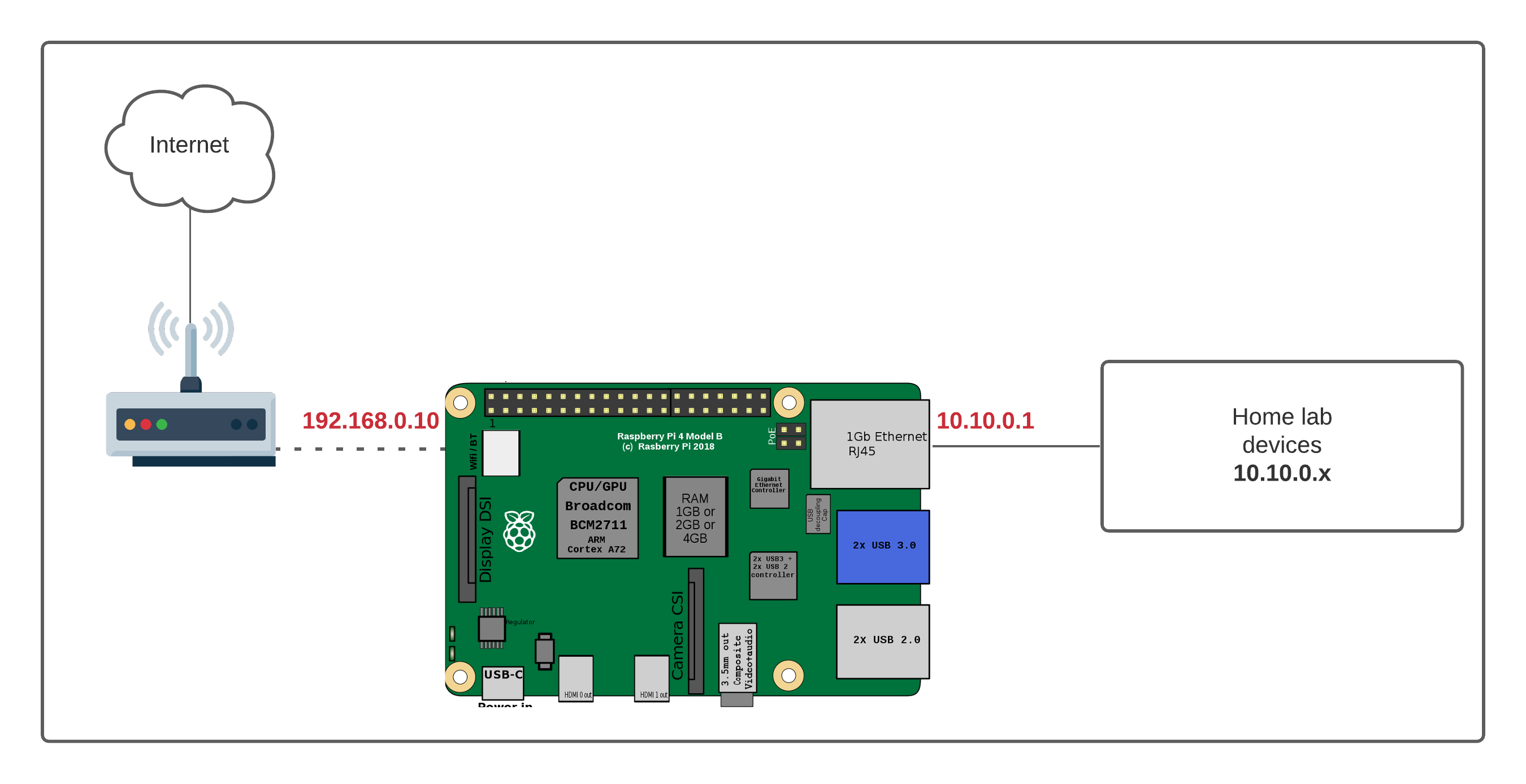Hey there, tech-savvy explorer! If you've ever wondered how to tap into the full potential of RemoteIoT behind your router on Android without spending a dime, you're in the right place. Unlocking the power of RemoteIoT is like discovering a hidden treasure chest filled with connectivity gems. Whether you're a DIY enthusiast or just someone who loves tinkering with gadgets, this guide will walk you through everything you need to know. So grab your favorite drink, sit back, and let's dive deep into the world of RemoteIoT!
In today's hyper-connected world, the ability to control and monitor your IoT devices remotely is no longer a luxury—it's a necessity. From smart thermostats to security cameras, these devices make life easier, but unlocking their full potential can sometimes feel like solving a complex puzzle. That's where RemoteIoT comes in. It bridges the gap between your devices and your smartphone, allowing you to stay in control no matter where you are.
Now, you might be thinking, "Do I really need to spend money on fancy apps or subscriptions to make this happen?" The answer is a resounding no! With a bit of know-how and the right tools, you can harness the power of RemoteIoT behind your router on Android for absolutely free. Let's break it down step by step so you can get started right away.
Read also:Spooky Specter Kratom
Why RemoteIoT Matters in Today's Digital Landscape
Let's face it—technology is evolving at lightning speed, and IoT devices are at the forefront of this revolution. But what exactly is RemoteIoT, and why should you care? Simply put, RemoteIoT allows you to access and control your IoT devices from anywhere in the world using your Android device. Imagine being able to check your home security camera while you're on vacation or adjusting your smart thermostat from the office. Sounds pretty cool, right?
Understanding the Basics of RemoteIoT
Before we jump into the nitty-gritty, let's break down the basics. RemoteIoT relies on three key components: your IoT devices, your router, and your Android smartphone. Think of your router as the gateway that connects all your devices to the internet, and your Android phone as the remote control that lets you manage them on the go.
- Your IoT devices need to be connected to the same network as your router.
- Your router acts as the intermediary that enables communication between your devices and the internet.
- Your Android phone uses specific apps or tools to communicate with your router and devices remotely.
By understanding these components, you'll be better equipped to set up and troubleshoot your RemoteIoT system when needed.
How to Set Up RemoteIoT Behind Your Router on Android
Setting up RemoteIoT might sound intimidating, but trust me, it's simpler than you think. Follow these steps, and you'll be up and running in no time:
Step 1: Identify Your IoT Devices
The first step is to identify which IoT devices you want to control remotely. This could include anything from smart lights to garage door openers. Make a list of these devices and ensure they're all connected to your home network.
Step 2: Configure Your Router
Your router is the backbone of your RemoteIoT setup, so it's crucial to configure it properly. Start by logging into your router's admin panel and enabling port forwarding. This allows external connections to access your devices securely. Be sure to choose a unique and secure port number to minimize the risk of unauthorized access.
Read also:Razza 10000 Goals Challenge
Step 3: Install the Right Apps
There are plenty of free apps available that can help you manage your IoT devices remotely. Some popular options include:
- TeamViewer
- PortMap
- IP Patcher
Download and install these apps on your Android device, and follow their setup instructions to connect them to your router and IoT devices.
Unlocking the Power of RemoteIoT for Free
One of the biggest advantages of RemoteIoT is that you can enjoy all its benefits without breaking the bank. Here's how you can unlock its full potential without spending a cent:
Tip 1: Use Open-Source Tools
Open-source tools like PortMap and IP Patcher are not only free but also highly customizable. They allow you to create secure connections between your devices and your router without relying on paid services.
Tip 2: Explore Free App Features
Many apps offer both free and premium versions. While the premium versions come with additional features, the free versions are often more than enough for basic RemoteIoT functionality. Take some time to explore these features and see what works best for you.
Tip 3: Optimize Your Network Settings
A well-optimized network can significantly improve your RemoteIoT experience. Make sure your router's firmware is up to date, and consider upgrading to a more powerful router if necessary. A stable and fast internet connection is key to smooth remote operations.
Common Challenges and How to Overcome Them
While setting up RemoteIoT is relatively straightforward, you might encounter a few challenges along the way. Here are some common issues and how to solve them:
Issue 1: Connectivity Problems
If you're having trouble connecting to your IoT devices remotely, double-check your router settings and ensure that port forwarding is configured correctly. Also, verify that your devices are connected to the same network as your router.
Issue 2: Security Concerns
Security is a top priority when it comes to RemoteIoT. To protect your devices from unauthorized access, use strong passwords, enable two-factor authentication, and regularly update your router's firmware.
Issue 3: App Compatibility
Not all apps are compatible with every device or router. If you're experiencing compatibility issues, try switching to a different app or adjusting your device settings.
Maximizing Your RemoteIoT Experience
Once you've successfully set up RemoteIoT, it's time to maximize your experience. Here are a few tips to help you get the most out of your setup:
Tweak Your Device Settings
Each IoT device comes with its own set of settings that can be adjusted to improve performance. Spend some time experimenting with these settings to find the perfect balance between functionality and efficiency.
Create Automation Rules
Automation rules can save you time and effort by performing tasks automatically based on predefined conditions. For example, you can set your smart thermostat to adjust the temperature when you're away or have your lights turn on at sunset.
Stay Updated
Technology is constantly evolving, so it's important to stay updated on the latest trends and developments in the RemoteIoT space. Follow industry blogs, join online communities, and attend webinars to keep your knowledge fresh.
Real-World Applications of RemoteIoT
RemoteIoT isn't just a cool tech trend—it has real-world applications that can improve your daily life. Here are a few examples:
Home Security
With RemoteIoT, you can monitor your home security cameras from anywhere in the world. This gives you peace of mind knowing that your property is safe and secure.
Energy Management
Smart thermostats and energy monitors allow you to track and manage your energy usage remotely. This can help you save money on utility bills and reduce your carbon footprint.
Health Monitoring
IoT-enabled health devices, such as fitness trackers and smart scales, can be accessed remotely to monitor your health metrics and make informed decisions about your lifestyle.
Data and Statistics Supporting RemoteIoT
According to a recent study by Statista, the global IoT market is expected to reach $1.1 trillion by 2026. This growth is driven by increasing demand for smart devices and the need for remote connectivity solutions. Another report by Gartner predicts that by 2025, more than 75% of enterprises will adopt IoT technologies to enhance their operations.
These statistics highlight the growing importance of RemoteIoT in both personal and professional settings. As more people embrace this technology, the demand for free and accessible solutions will continue to rise.
Final Thoughts: Unlocking the Power of RemoteIoT
And there you have it—a comprehensive guide to unlocking the power of RemoteIoT behind your router on Android for free. By following the steps outlined in this article, you can take control of your IoT devices and enjoy the convenience and flexibility they offer.
Remember, the key to a successful RemoteIoT setup is preparation and patience. Don't be afraid to experiment and try new things. The more you explore, the more you'll discover about the endless possibilities of RemoteIoT.
So what are you waiting for? Get out there and start unlocking the power of RemoteIoT today! And don't forget to share your experiences and insights with the community. Together, we can build a smarter, more connected world.
Table of Contents
- Why RemoteIoT Matters in Today's Digital Landscape
- Understanding the Basics of RemoteIoT
- How to Set Up RemoteIoT Behind Your Router on Android
- Unlocking the Power of RemoteIoT for Free
- Common Challenges and How to Overcome Them
- Maximizing Your RemoteIoT Experience
- Real-World Applications of RemoteIoT
- Data and Statistics Supporting RemoteIoT
- Final Thoughts: Unlocking the Power of RemoteIoT


